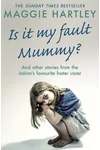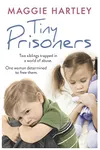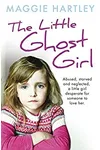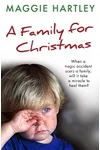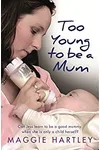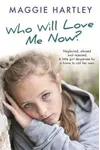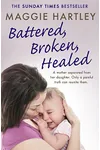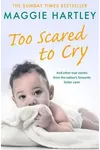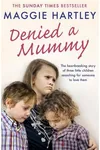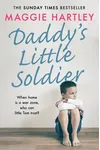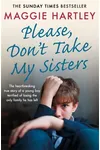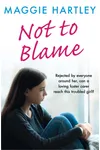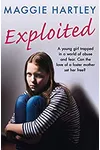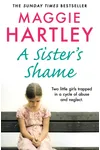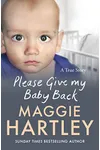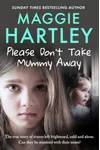Picture a British foster carer turned storyteller who’s opened her heart and home to over 300 children—meet Maggie Hartley! With a knack for nurturing society’s most vulnerable young people, Maggie has transformed her decades of fostering experience into a series of raw, heartfelt nonfiction books. Her stories pull back the curtain on the foster care system, blending compassion with unflinching honesty to inspire change and touch readers worldwide.
From tales of neglected siblings to teenagers facing unimaginable challenges, Maggie’s books are more than just stories—they’re a call to action. Ready to dive into the world of a woman who’s both a caregiver and a literary beacon? Let’s explore Maggie Hartley’s incredible journey!
The Making of Maggie Hartley
Little is known about Maggie Hartley’s early life, as she keeps the spotlight firmly on the children she fosters. Based in the UK, Maggie has been a foster carer for over 20 years, a role that shaped her into one of the nation’s most prolific and empathetic voices in nonfiction. Her career began with a simple yet profound mission: to provide love and stability to children deemed ‘unadoptable’ due to trauma or behavioral challenges. This calling led her to write, sharing stories that highlight the resilience of the human spirit and the power of care.
Maggie’s transition to authorship wasn’t planned—she started writing to process her experiences and raise awareness about the foster care system. Her first book, Is It My Fault, Mummy?, published in 1970, set the tone for her candid, emotionally charged style. Since then, she’s penned over a dozen books, each one a testament to her dedication.
Maggie Hartley’s Unforgettable Stories
Maggie’s books are a window into the lives of children who’ve faced abuse, neglect, and heartbreak. Her writing style is straightforward yet deeply moving, weaving real-life narratives with sensitivity and hope. She doesn’t shy away from tough topics like addiction, arranged marriages, or trauma, but her stories always carry a thread of redemption, showcasing the transformative power of love and support.
Among her standout works is Tiny Prisoners (2016), which follows siblings Evie and Elliot as they escape a world of abuse to find safety with Maggie. Another gem, The Little Ghost Girl (2016), tells the story of Kayleigh, a frail 10-year-old scarred by her past, whom Maggie helps reclaim her voice. Sold to Be a Wife (2018) tackles the harrowing issue of forced marriage, with Maggie aiding a terrified teenager named Shazia. Finally, Please Don’t Take My Sisters (2019) explores the bond between siblings Lexie, Amelie, and Leo, as Maggie fights to keep them together. Each book is a masterclass in storytelling that educates as much as it entertains.
What sets Maggie apart is her ability to humanize complex issues. Her books don’t just recount events—they delve into the emotional landscapes of the children, offering readers a chance to empathize and understand. Her themes of resilience, family, and healing resonate universally, making her work a must-read for anyone interested in social issues or human stories.
Why Maggie Hartley Matters
Maggie Hartley’s impact extends beyond the page. Through her books, she’s shed light on the often-overlooked realities of foster care, advocating for better support systems and inspiring countless readers to consider fostering or social work. Her stories have sparked conversations about child welfare, earning her a loyal following and praise from readers who call her a ‘heroine’ for her tireless work.
As a foster carer, Maggie has directly changed the lives of hundreds of children, giving them hope and a chance at a brighter future. As an author, she’s amplified their voices, ensuring their stories aren’t forgotten. Her legacy is one of compassion, courage, and storytelling that challenges us to care more deeply.
- Key Works: Tiny Prisoners, The Little Ghost Girl, Sold to Be a Wife, Please Don’t Take My Sisters
- Years Fostering: Over 20
- Children Fostered: More than 300
Snag Tiny Prisoners or The Little Ghost Girl and dive into Maggie Hartley’s world of heart-wrenching yet hopeful storytelling! Her books are a reminder that one person’s care can change everything.
